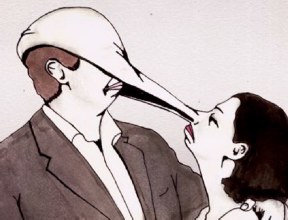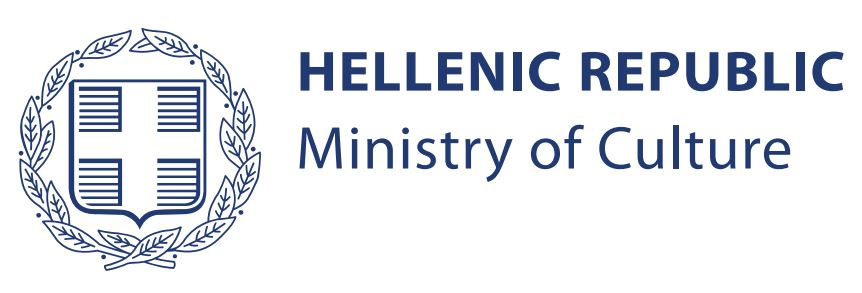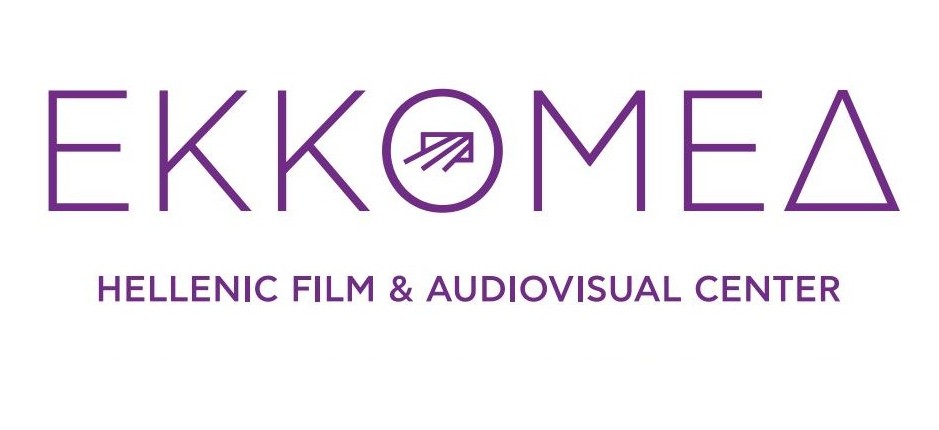
The standard expression `déjà-vu', consisting of the temporal adverb `déjà' (previously) and the past participle of the verb `voir' (to see), roams free in every language in the world. It literally translates into something you're already seen before.
Put into words, this strange sensation feels like a momentary dream, a fleeting doubt. Is it possible you've experienced this before? But then again, the exact same expression is used to describe a trivial banality.
This year's special conceptual focus, hot on the heels of last year's `Hole' and `Space' the year before that, breaks through linguistic barriers demanding a certain degree of free association. It's supposed to instigate a dialogue that will take us back to the literal meaning of the word, a meaning that's long been abandoned and urgently needs to be revisited and reinstated as part of our vocabulary, visual or otherwise.
Thus, the notions of repetition, multiple viewings and parallel action, coexist with the concepts of previously glimpsed moments and the transformation of the gaze, as Nietzsche's `eternal recurrence' constantly undermines and liberates them at the same time. Dozens of additional concepts appear out of nowhere or are suddenly forced into existence. The cinematic aspect of this year's conceptual focus (completed by specially created artwork cropping up around town as a special treat) consists of 16 short films, divided into seven chapters: The Distortion of Previously Glimpsed Moments, The Transformation of the Gaze, The Eternal Recurrence, The Reappropriation of the Familiar, The Vision of Sound, The Body as Memory and Replaying the Mistake.
Each of these chapters has a vast internal dynamic, exposed to both criticism and the severity of its previously glimpsed freedom.
Orestis Andreadakis
 Déjà-Vu
Déjà-VuI. THE DISTORTION OF PREVIOUSLY GLIMPSED MOMENTS How to Use Time Flexibly Within the space of a minute, Eckhard Kruse claims that time is a completely flexible unit of measurement ...













